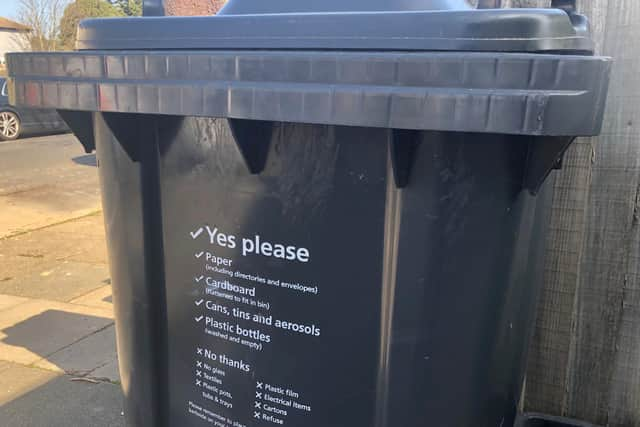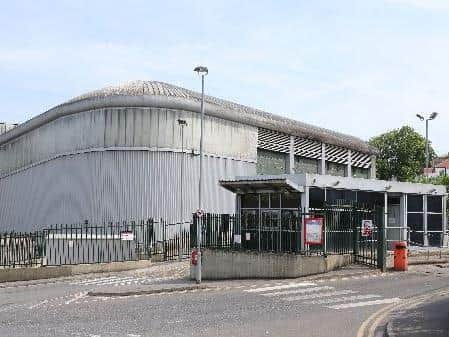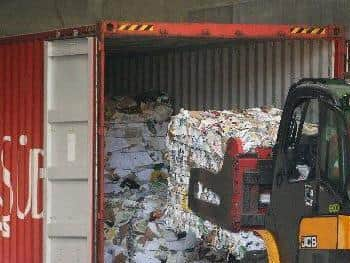Study will help council decide if Brighton and Hove residents can add low-grade plastics to their recycling bins.
and live on Freeview channel 276
Brighton and Hove City Council said many residents felt its Cityclean team should be collecting pots, tubs and trays (PTTs). The move would incur costs – an estimated £750,000 plus £80,000 a year to convert the Hollingdean recycling depot – and there are some concerns over where the materials would end up once they were sold on.
However, the council agreed there were grounds for collecting PTTs and among the benefits would be less contamination, caused by residents putting PTT items in their recycling. When this happens, the contents of the whole bin and – in many cases – lorry loads must be treated as waste and not recycled, said the council.
Advertisement
Hide AdAdvertisement
Hide AdCouncillor Amy Heley, chair of the council’s environment, transport and sustainability committee, said: “We know that many residents have raised that they want to be able to recycle more types of plastics.


“Through this feasibility study we will ensure we have all the information we need to explore how this might work and the impact it will have.”
The council said Cityclean currently collects every type of plastic bottle including drinks containers, kitchen and bathroom products and milk bottles, which are all made of high grade and valuable plastic.
The council said it did not collect PTT-type plastic for a number of reasons, including the low quality of the materials makes it very difficult to recycle; the added cost to the taxpayer of collecting low grade plastics; up to 70 per cent of PTTs collected cannot be recycled; of PTTs it could recycle, the recycling rate would only increase by 0.5 per cent; and accepting PTTs could contaminate the other clean, high-quality material it collects.
Advertisement
Hide AdAdvertisement
Hide AdThe council claims if it started collecting PTTs, once the materials were sold on, it would not know where they end up as there is no market for them in the UK. Although at present, the council's recycling rate is almost 30 per cent, it states that virtually all the plastics collected stay within the UK, with nothing being shipped abroad to poorer countries. Earlier this month, a city council report revealed thousands of tonnes of plastic left in recycling bins in Brighton and Hove ends up being burnt.


However, as well as the reduction in contamination and the call for the change from residents, the council said the move would see an estimated 550 tonnes of PTT recycled annually in the city, increasing the council's recycling rate by 0.5 per cent. Currently a total of 16,600 tonnes of recycling is handled by the Hollingdean recycling depot
Councillor Gary Wilkinson, opposition lead spokesperson for environment, transport and sustainability, said: “It is only right that we listen to our residents on this. Over half of all plastic collected in the UK ends up being disposed of rather than recycled.
“Through looking to increase the range of plastics that we can collect for recycling we will increase our recycling rate and cut the contamination of other recycling.”
Advertisement
Hide AdAdvertisement
Hide AdAs well as the cost of converting the Hollingdean recycling depot, the study will look at the the carbon impact of the construction works; the environmental impact and cost of transporting the materials; and sorting the material at the Hollingdean Materials Recovery Facility rather than sending it to the Newhaven-based Energy Recovery Facility


At present, the council said ordinary waste (that is not currently recycled, including PTTs) amounts to around 68 per cent (550kg per year per household, 72,000 tonnes in total). These items are taken to the Energy Recovery Facility in Newhaven to create energy which powers 25,000 Sussex homes.
Landfill (strictly only things that cannot be recycled or turned into energy) amounts to around two per cent, which is one of the lowest in the UK, the council said.